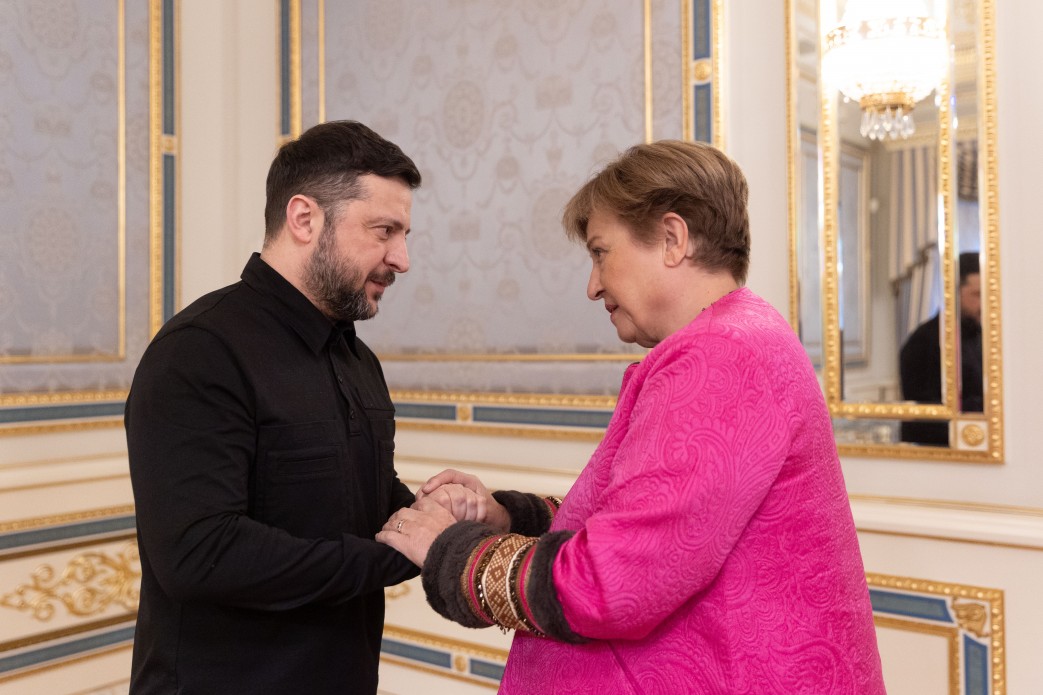Since the mid-1960s, Soviet/Russian oil exports to the West were tied to branches of the Druzhba pipeline, which, among other things, ensured the stability of the Warsaw Pact.
In the 1990s, political and defense realities changed, prompting a strategic adjustment. Russian political leaders and oil executives decided to increase oil shipments through the Baltic Sea.
To implement this, from 2001 to 2006 the Baltic Pipeline System (BPS) was constructed, terminating at the port of Primorsk in Leningrad region.
Then, in 2012, the Baltic Pipeline System-II was added to the Druzhba pipeline—a pipeline running north from Bryansk region to the port of Ust-Luga, also in Leningrad region.
As a result of Russia’s full-scale aggression against Ukraine, the share of Black Sea ports (notably Novorossiysk) in Russian oil shipments declined, shifting the focus to the Baltic, where infrastructure was already in place.
Currently, the Primorsk and Ust-Luga terminals handle 90% of oil shipments through the Baltic. These ports supply the bulk of Russia’s “shadow fleet,” which Western partners largely ignore.
Oil exports via the Baltic, which NATO could halt with a single action (but, for some reason, does not), allow the Kremlin to continue its war. This is not just an economic issue—it concerns geopolitics and security.
In August and early September, various Ukrainian defense structures (SBS, GUR, SSU, SSO, etc.) carried out a series of “sanctions operations” targeting the Druzhba pipeline, BPS-II, and certain facilities at the Ust-Luga port.
Primorsk is farther away (through the Gulf of Finland) and harder to reach. However, SSU drones have now reached it, as well as BPS-II.
No one fully destroyed the Primorsk port, of course. But even a few small damages have:
- immediate short-term effects in the form of downtime and economic losses;
- direct long-term consequences, namely that Russian oil exports via the Baltic are now uncertain and the route is no longer reliable. If a strike occurred today, another could follow at the worst possible moment.
This increases costs and reduces Russian revenues.
Additionally, the results of decades of strategic decisions by the Russian authorities are now jeopardized.
In other words, the SSU (together with other defense forces) is not merely imposing sanctions—Malyuk’s team is creating elements of the very strategic defeat of Russia that makes Putin twitch at the mere mention of it.





















